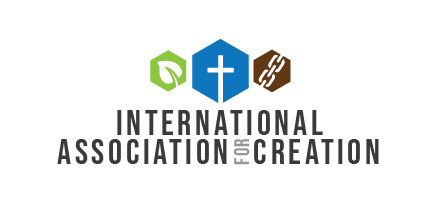French government bans homeschooling
July 23, 2021La libertad de educación en el hogar avanza en América Latina
October 4, 2021By: Leigh Bortins
Founder, Classical Conversations
Notice to Readers: This is a guest post featured on the IAC blog and contains content from an external perspective. Therefore, viewpoints contained herein may or may not necessarily reflect the opinion of the Association or its members.
International Resources for Homeschoolers
As I travel around the globe promoting parentled education, the first question I am asked is what curriculum should I use?
I find the people asking fall into 3 cultural categories.
1. Cultures that have schools but not a heritage of children’s literature and resources.
2. Cultures that have such strong government control of curriculum that the people have forgotten they have other resources.
3. Cultures that are happy to ignore the government curriculum and are eager to expand their book lists.
1. There are countries that have schools but due to historical illiteracy, don’t have a lot of books written for children. To them, I suggest they have a vibrant cultural heritage to draw from. Use the Bible, newspapers, government constitutions, hymns, folk songs, poetry, oral stories, handicrafts, art, and of course the local environment.
2. To those who think government school and education are synonymous, I’d ask them to really think about the difference. If the state schools disappeared, you would find ways to educate your children without them because you love your children. Friends would ban together and create micro-schools. Teenagers would find employment as modern tutors or governesses. Field trips to industrial plants would be revitalized. Neighbors would once again offer piano lessons. Art communities would offer more children’s workshops. Pastors would earn more income teaching Latin, Greek, and Hebrew. Better education is offered outside of large institutions.
For those of you just eager to expand your book list, I’d say you have probably defeated most of the bad ideas about education. So letme challenge you in a different way. Go outside. Use apps like Seek while you take walks. Build pie charts in sandboxes and histograms from pinecones on towels. Use stopwatch and timers to measure race times around buildings, seconds for toys to drift down slides, and flight times of airplanes between to points in the sky. Read, discuss, and journal ideas under trees. Grow flowers, sheep, vines, and friendships. Visit seniors, shut-ins and service projects with groups of high school students. Revitalize community band, orchestra, and theater. Let physical education return to kids just playing outside with sticks and balls and kids choosing teams and no coaches. Camp in the backyard under the stars and learn how to play with fire while counting falling stars.
State schooling has made us think all educational resources are made in their image. The truth is we have all of creation and its inhabitants to learn from. Everyone has more resources than they could ever use because most are given freely to us by our Creator.

